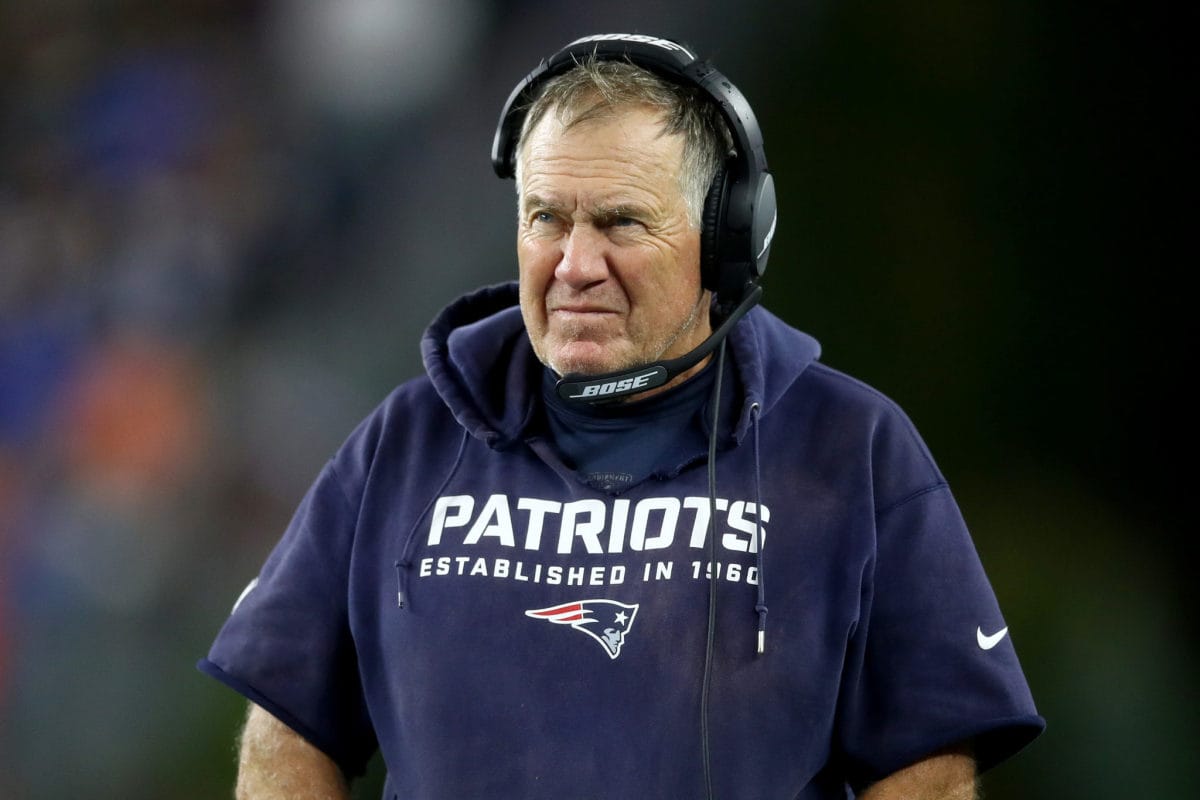The Atlanta Falcons are on the verge of making a significant roster change as reports suggest that quarterback Kirk Cousins is expected to be released. This decision emerges amid a backdrop of challenges faced by the Falcons in recent seasons, compounded by Cousins’ own struggles with injuries and inconsistent play. As the team looks to improve its standing in a competitive NFC South, the move reflects a broader strategy aimed at rebuilding and charting a new course for the franchise.
Cousins signed with the Falcons with high expectations following several successful seasons with other teams, notably with the Minnesota Vikings and Washington Football Team. His arrival in Atlanta was seen as a way to provide veteran leadership and stability to a young roster. However, the reality of his tenure has not matched the initial hopes. Throughout the season, Cousins dealt with nagging injuries that hampered his ability to contribute effectively. This decline in performance, coupled with key injuries to other players, limited the Falcons’ offensive production and overall competitiveness.
The team’s management has been evaluating its roster consistently, with a focus on enhancing performance both on and off the field. Leading up to the anticipated release of Cousins, discussions surrounding his future intensified as fans and analysts speculated about the potential shift in the quarterback landscape. The organization recognizes the importance of re-evaluating its options and adapting to the evolving dynamics of the league.
In addition to Cousins, various other positions within the Falcons are under review as part of a comprehensive assessment of team needs. The coaching staff has expressed an interest in tailoring the roster to maximize the performance of the existing talent bank while also scouting opportunities through the upcoming draft and free agency. With the team positioned to pursue a new quarterback — potentially through rookie talent — the focus is on finding a player who fits the Falcons’ long-term vision.
The potential release of Cousins has implications not only for the quarterback room but also for the overall strategy of the team. If the Falcons proceed with this release, they will likely need to sign a newcomer or promote from within the existing ranks — including backups who have been with the team or might fit into different roles. The organization is under pressure to galvanize its fan base and make the necessary adjustments to return to contention in a division that features enduring rivals.
As teams begin to finalize their offseason plans, the market for quarterbacks is expected to become increasingly active. Several franchises across the NFL are looking to address their quarterback situations, creating a ripple effect that could influence the dynamics of trades, drafts, and free agency. The Falcons’ decision regarding Cousins will likely play a role in this broader narrative, as other teams watch closely to see how Atlanta’s roster develops and how that might affect their own plans.
While Cousins is expected to be a free agent shortly after his anticipated release, his next steps will undoubtedly be closely followed by fans and analysts alike. His experience and gauge of success make him an intriguing candidate for various teams in need of a quarterback with a demonstrated track record. As franchise reshapes their rosters, Cousins will be searching for a new opportunity that can rekindle his performance and solidify a lasting legacy in the league.
In conclusion, the forthcoming release of Kirk Cousins marks a pivotal moment for both the quarterback and the Atlanta Falcons. This decision underscores the ongoing evolution of NFL teams and their continuous quest to create competitive, dynamically cohesive units. With the offseason poised to present various opportunities for player movement, it remains to be seen how Cousins will navigate this transitional phase in his career and how the Falcons will capitalize on their strategic decisions to reshape their team for the future.



